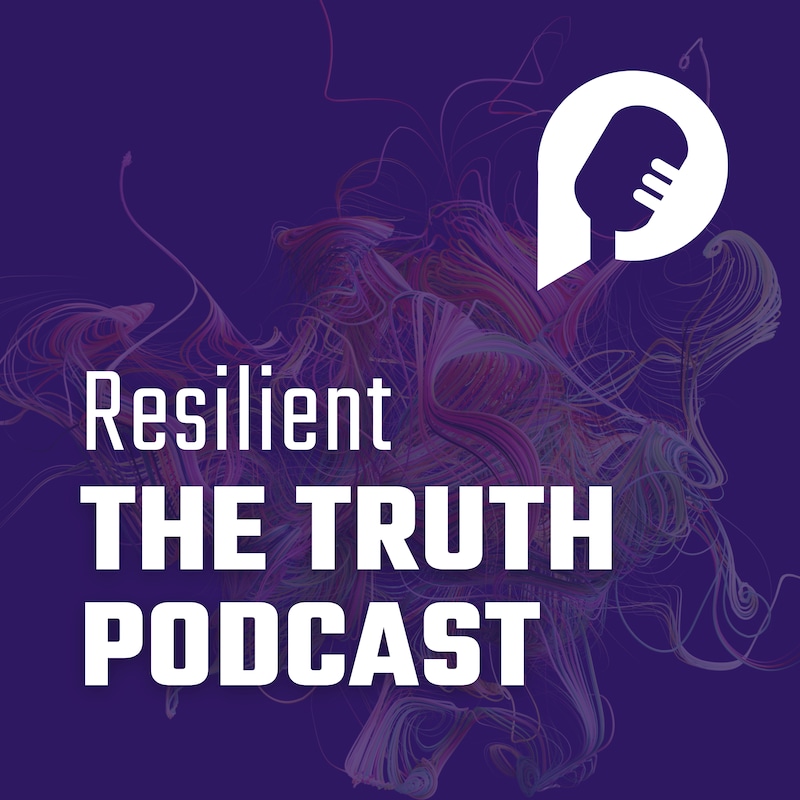Shownotes
The key to resilience isn’t stuffing your emotions, it’s harnessing them. Feelings aren’t sinful. They are signposts to draw us toward greater dependence on God.
Click for Shownotes
--
The PursueGOD Truth podcast is the “easy button” for making disciples – whether you’re looking for resources to lead a family devotional, a small group at church, or a one-on-one mentoring relationship. Join us for new episodes every Tuesday and Friday.
Find resources to talk about these episodes at pursueGOD.org.
Help others go "full circle" as a follower of Jesus through our 12-week Pursuit series.
Click here to learn more about how to use these resources at home, with a small group, or in a one-on-one discipleship relationship.
Got questions or want to leave a note? Email us at podcast@pursueGOD.org.
Donate Now
